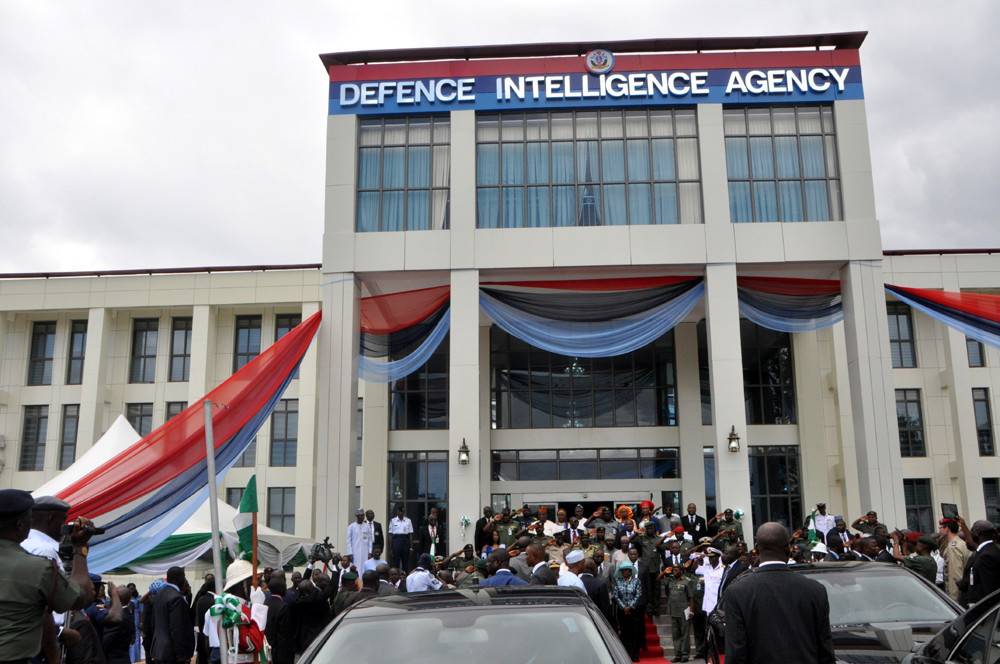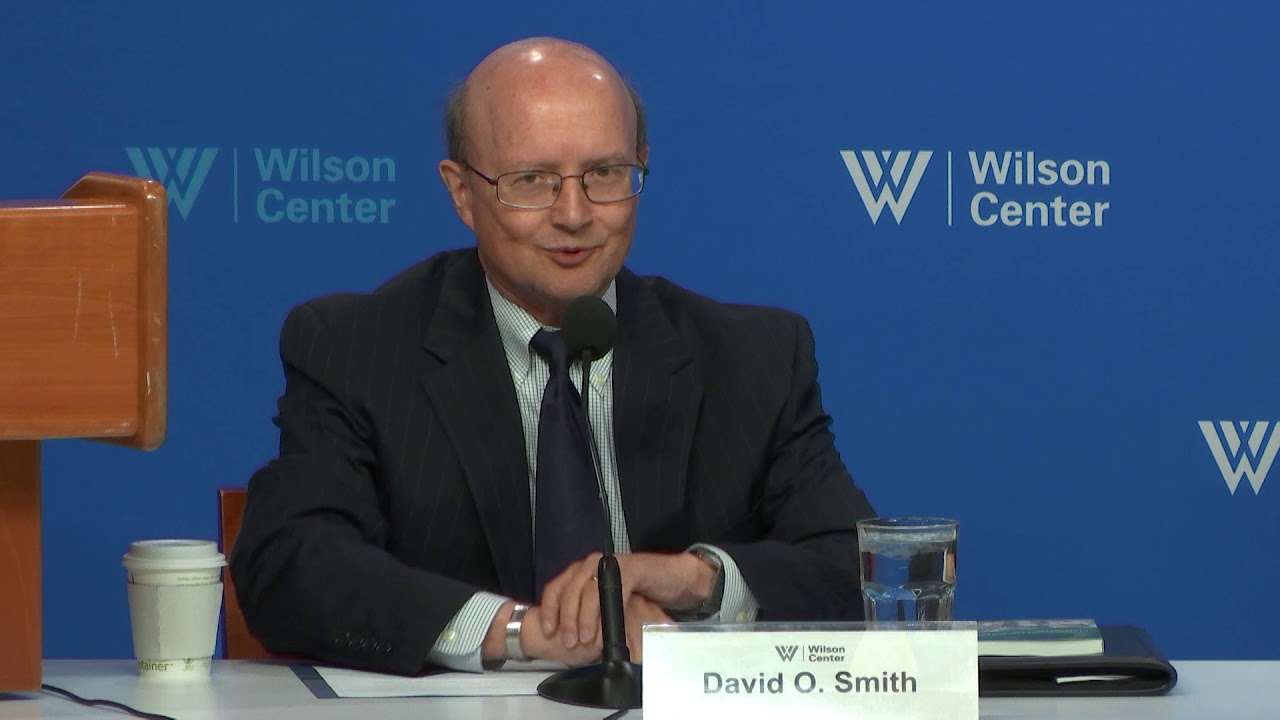A Study of Attitudes and Values Within the Indian Army by
Colonel (R) David O. Smith
David Smith’s book The Wellington Experience is a detailed study of Indian army’s prestigious Command & Staff College that trains officers of the armed forces for higher ranks. This book is based on interviews of American army officers who attended Command and Staff College at Wellington in India spanning over four decades. Foreign Area Officers (FAO) of the US army spent a year at Staff College.
Colonel David Smith is familiar with Indian and Pakistan armies in view of his professional background. He has been a South Asia hand at Pentagon and Defence Intelligence Agency (DIA) for over two decades. In his professional career, he interacted with number of Indian officers and is familiar with the terrain.

This study looks at the functioning of the Staff College and evolution of its curriculum to train Indian armed forces officers for higher ranks. It also looks at professional and social attitudes and threat perceptions of Indian officers. The major conclusions of the study are conventional thinking, adhering to staff college solutions to problems, lackluster attention to joint operations and ambiguity about China. However, the most crucial finding is lack of understanding of the nuclear dimension of future conflicts with Pakistan. This factor has been noted by other observers of the Indian army as well. In the aftermath of the devastating terrorist attack in Mumbai in 2008 by Pakistan based militant group Lashkar-e-Taiba (LeT), a shocked Prime Minister Manmohan Singh asked his National Security Advisory Board for options. The Ministry of Defence (MOD) Simulation and War Gaming Center suggested a surgical strike on training camps of LeT in Pakistan controlled Kashmir. The Prime Minister asked what was the probability of a Pakistani response? The army officer said around 75-80%. The Prime Minister then asked what was the probability that these attack-counterattack dynamics would lead to Pakistan escalating to a nuclear counter-strike? The officer replied about 30%. The political leadership stopped right there as it was too high a risk.
Smith’s work provides an outside perspective of training of Indian army officers at mid-career level and attitudes of officers. It is a perspective of a little over two dozen American officers who spent only a year at one institution. It is supplemented with input from US government officials and US Defence Attachés in Delhi. This is the main limitation of the study. US officials and officers view India and its neighborhood through American security interests while India has a different take on security challenges of its neighborhood. Despite such limitations, it is a very methodical and in-depth evaluation of existing instructional norms and points to areas of improvement for training of officers for higher ranks.
This study confirms what many observers of the Indian army know that conventional thinking is the bedrock of Indian army culture. Unorthodox thinking and critical evaluation of existing doctrines is discouraged, and curriculum and training encourage conformism. It provides a window to the otherwise opaque world of Indian military officer corps training. This study can be valuable if the Indian high command sees it as a friendly criticism of weaknesses of an eminent teaching institution. Dynamic institutions improve by introspection and course correction.
David O. Smith. The Wellington Experience: A Study of Attitudes and Values Within the Indian Army (Washington D.C: Stimson Center), 2020
Acknowledgements: The author thanks input from many informed individuals well informed about the subject matter.




